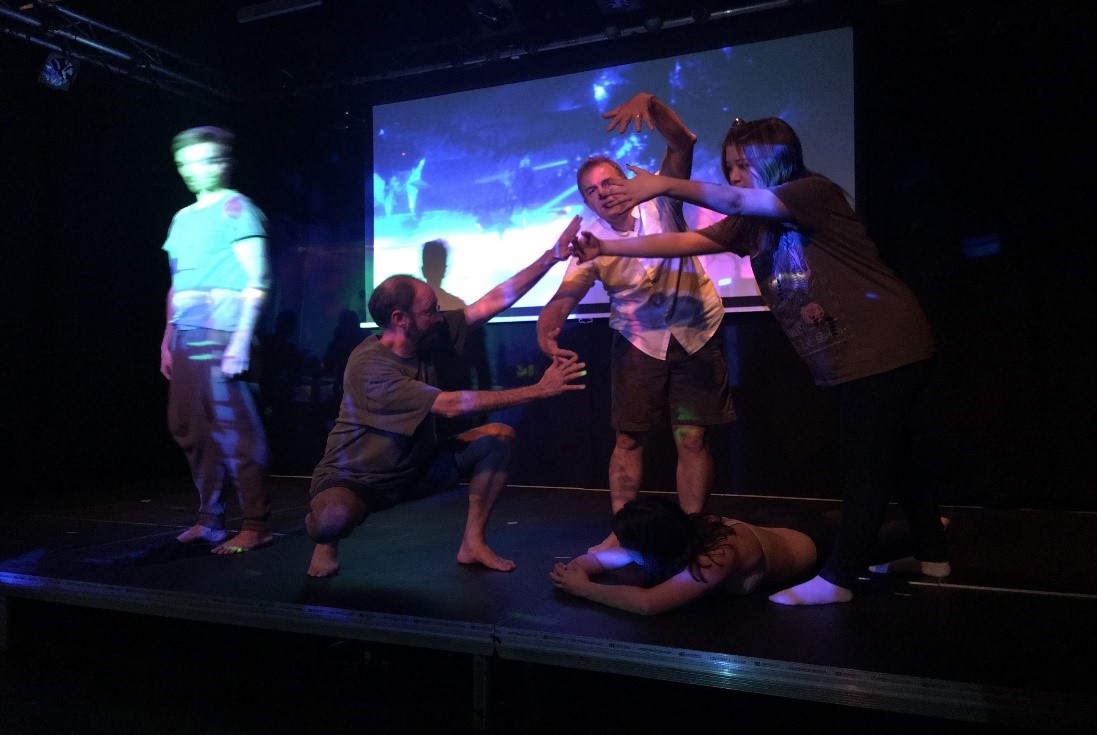Melissa Whitaker is a second year Sociology PhD student at Newcastle University, studying social media, gender and sexuality. Here she passes on some excellent, hard-earned writing advice.
Following on from the theme of recent blogs posts here, I wanted to talk about a useful lesson I’ve learnt as a result of attending a few writing workshops, summer schools, and of course, the sociology writing retreat: the value of writing a rubbish first draft. I have always found it very hard to start the writing process, to the extent that during my undergraduate degree I almost missed multiple essay deadlines.
I am great at planning. You might say too great, because I usually end up in an endless procrastination spiral of writing to-do lists for my to do lists, creating elaborate essay plans and then rewarding myself with a few goes on Candy Crush. When it comes down to actually writing, however, I have always been faced with an overwhelming anxiety, which I would try and avoid by making another cup of tea or re-organising my H drive. Although I have come a long way from handing in essays with just a few minutes to spare, I still struggle with the writing process, so I jumped at the chance to attend some academic writing events made available to me throughout the last year.
Snack writing, not writing with snacks!
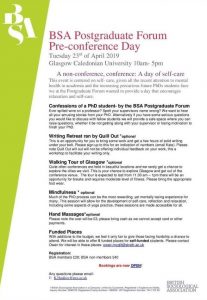
My first experience with writing retreats was when I attended the BSA PG Forum in Glasgow back in April. I took part in a taster writing retreat lead by Tina Davey, founder of Quill Out, an organisation which arranges thesis boot camps and academic writing retreats to give academics and doctoral students the chance to get a good chunk of writing done. It was here that I first learnt of Rowena Murray and her academic writing techniques, particularly the idea of snack writing. I must say I was a little disappointed when I found out that this did not mean sitting down to write with a lovely packet of chocolate Hobnob biscuits (my personal favourite). Instead, it was explained that snack writing is when you do short bursts of writing, ideally on a regular basis, the idea being that by making writing a part of your routine it will soon become a habit and a much less overwhelming experience. This was an alien concept to me as I had always followed what I now know to be the ‘binge writing’ logic – sitting down with my laptop and writing until it’s done!
So, for the remainder of the session a group of us PhD students took part in a quick snack writing session, and I was completely surprised with how much I managed to get done. I think knowing that I couldn’t possibly write ‘the perfect draft’ in such a short amount of time meant that the anxiety that I am usually faced with when writing was replaced with a ‘just write!’ attitude. This was only a one-and-a-half-hour session, so I was excited to take some of these lessons with me and try them out on my own and at the Sociology writing retreat happening a couple of months later.
Sociology Writing Retreat
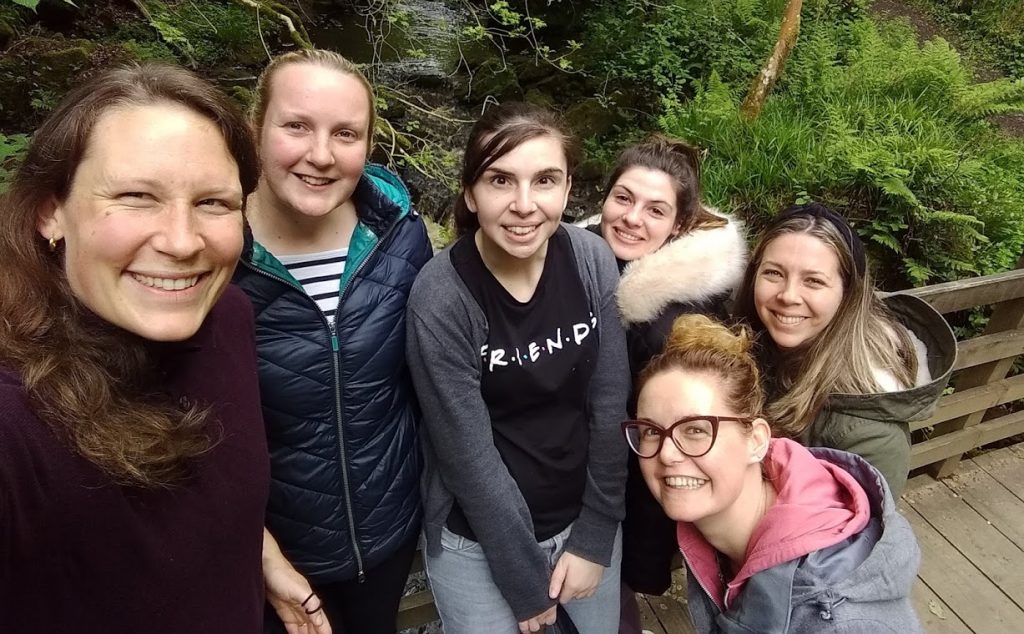
The PGR sociology writing retreat was my very first full-on writing retreat and I was excited to see if the skills I had learnt from my mini Quill Out session would be effective in a more dedicated retreat setting.
I don’t want to talk too much about how the retreat went because there are 2 fabulous blog posts already out there which you can read that tell you all about it (link?). But the structure of the retreat was inspired by Rowena Murrays ‘Writing Retreat Facilitator Guide’, in that there was a mixture of snack writing sessions, generous breaks (which included the appearance of chocolate Hobnob biscuits) and some lovely walks around the local area. Again, I found that the snack writing logic allowed me to abandon the quest for ‘the perfect draft’, which usually results in me re-writing the same sentence 15 times, only to end up with the sentence I began with. By simply giving myself permission to write badly, I found myself writing around 3,000 words in just one day! It’s fair to say that I knew most of it would be heavily edited, but the groundwork was done and I had something to work with.
NINE-DTP Summer School
Most recently, and what really inspired me to write this blog, was a mini writing workshop called ‘Academic Writing and Reducing Anxiety’ at the first NINE-DTP summer school which took place at Durham University. This workshop was facilitated by Dr Catriona Ryan, and throughout the course of the session she taught a group of us students her 7-step academic writing methodology for reducing anxiety. I won’t go through each step, but the general backbone of all 7 steps was planning is key! By making a really thorough plan and knowing exactly what we want from each section, paragraph and topic, we can make the writing process easier. We made countless spider diagrams for each paragraph we wanted to write, added relevant quotes and literature and practiced topic sentences until in just under 3 hours I had a skeleton draft of the chapter I wanted to write. Contrary to the statement I made in the introduction, I found that I probably wasn’t as good at planning as I thought, because none of the plans I had made in the past had made me excited to actually start the writing process.
Each of the experiences mentioned above have really taught me the value of writing a shitty first draft and I want to leave you with a quote from Rowena Murrays How to Write a Thesis;
‘It is yet another myth of academic writing that only students write badly, that only those who get blocked write very little: ‘Believe me, we’ve all written manure’ (Palumbo 2000: 37)’
If you are someone like me and has an outstanding capacity to procrastinate and regularly finds themselves overwhelmed by the concept of writing, then I urge you to have a look at some of Rowena Murray’s or Dr Catriona Ryan’s work and perhaps attend one of their workshops or retreats yourself.
I am of course not implying that this will fix everyone’s problems. Everyone works differently and you might find none of what they say useful, but if you are interested in learning more, here are some books which have helped me!:
‘Writing Retreat Facilitator Guide’
And:

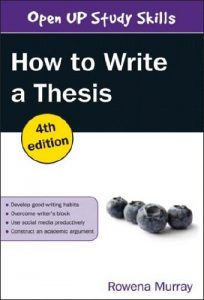
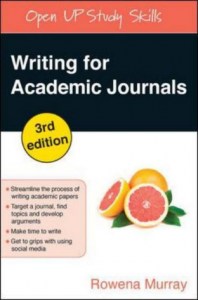
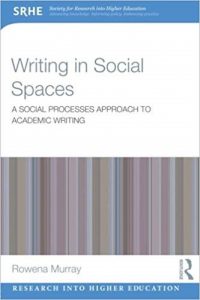
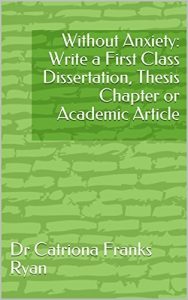
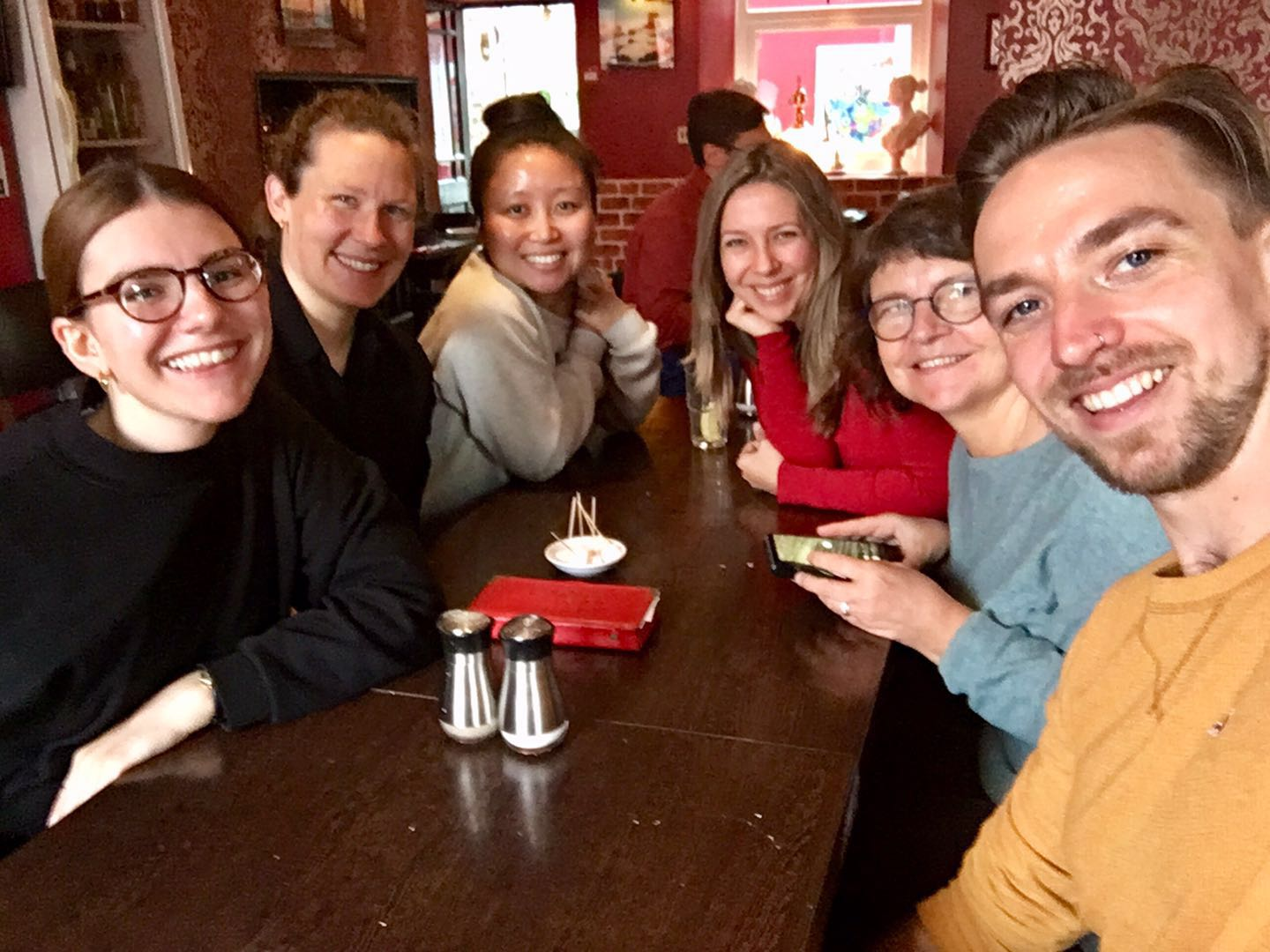 5. Get involved with activities in the department and think of yourself as part of the research community.
5. Get involved with activities in the department and think of yourself as part of the research community.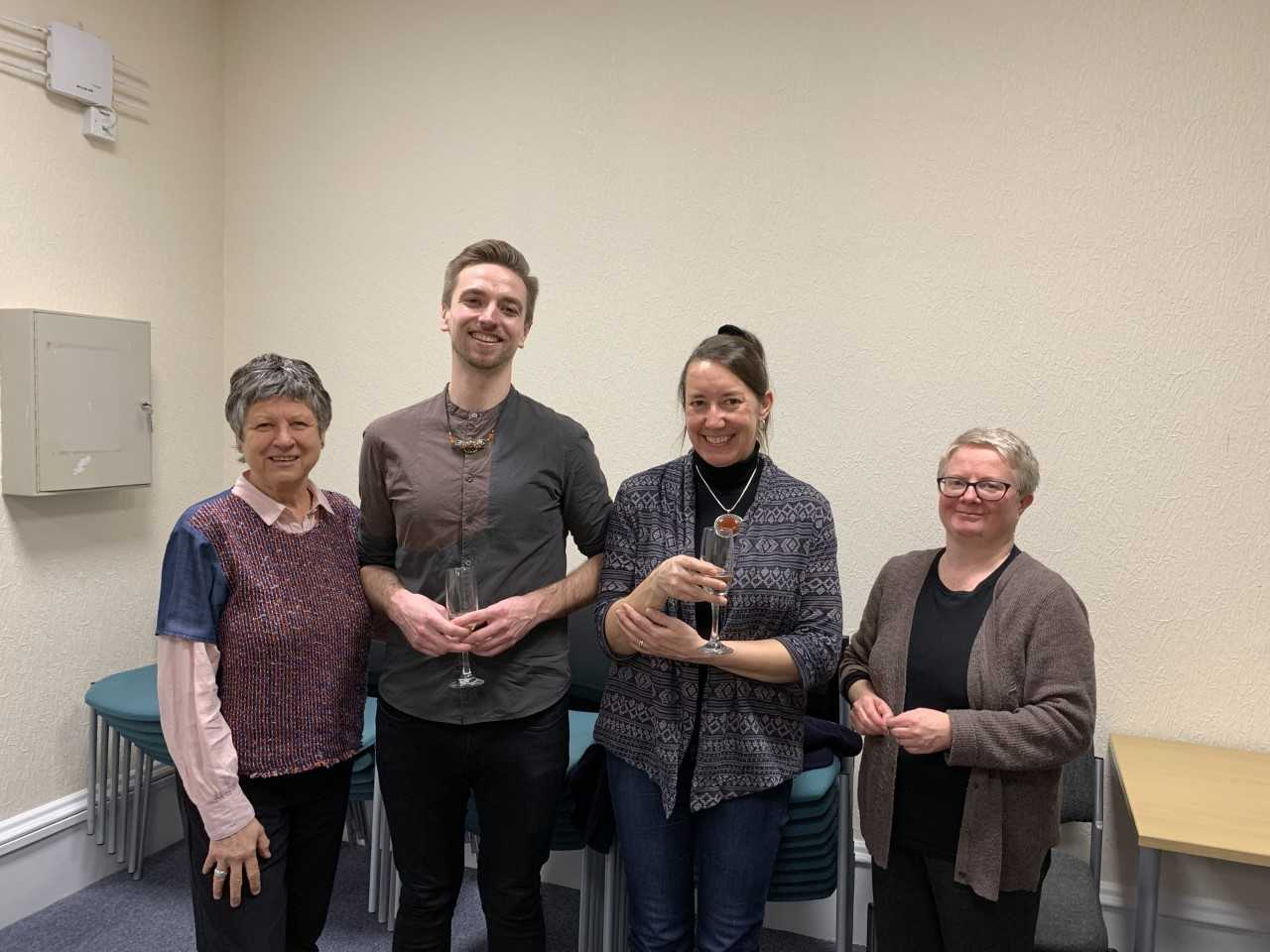 6. Make use of your supervisors.
6. Make use of your supervisors.